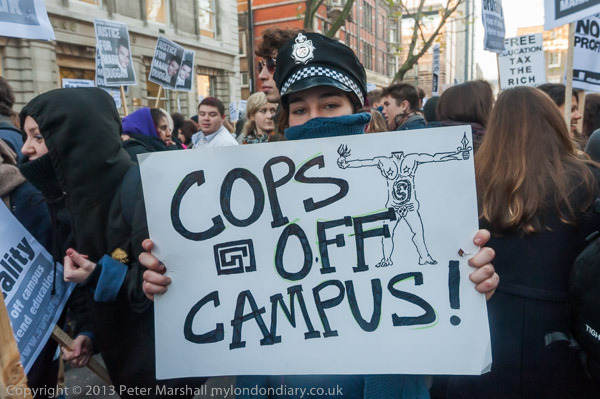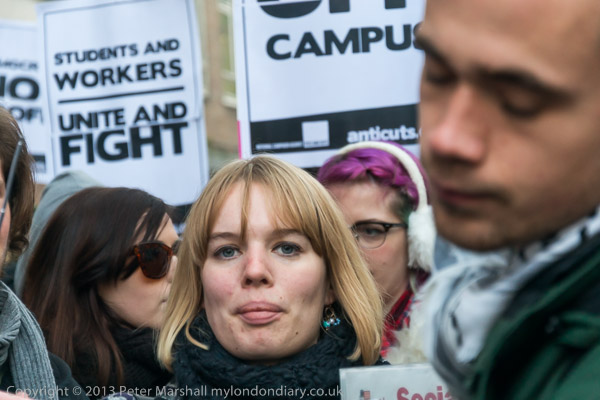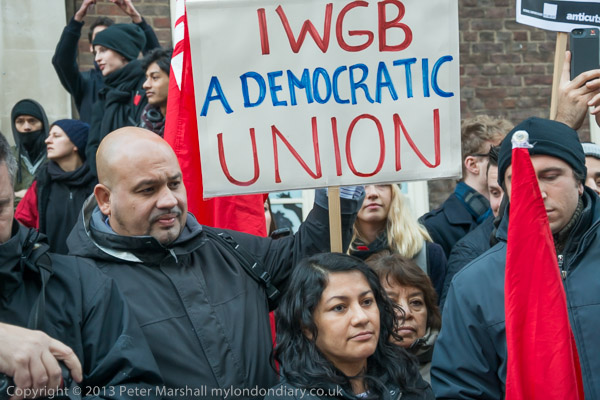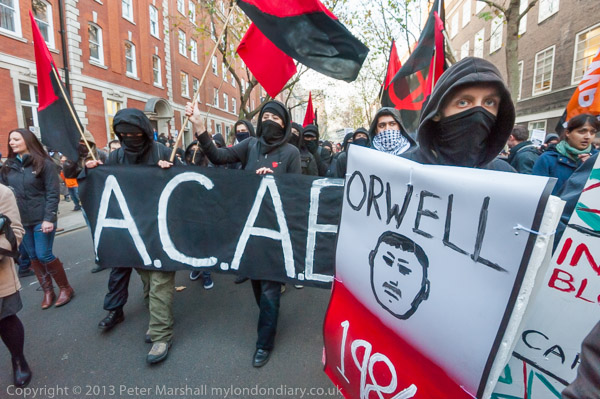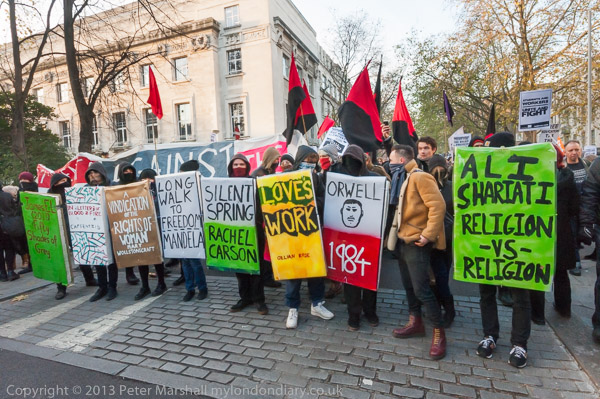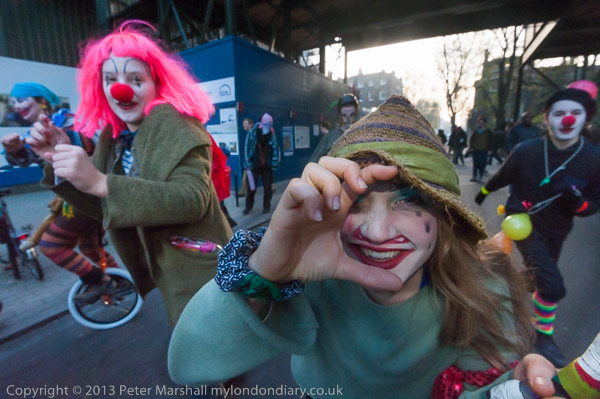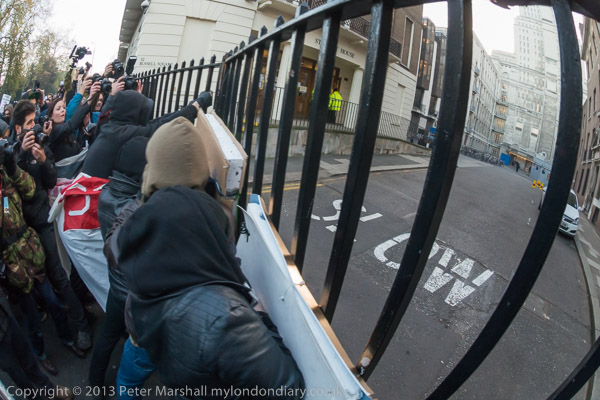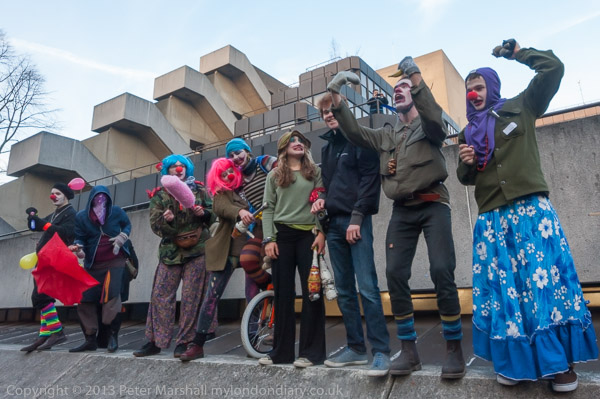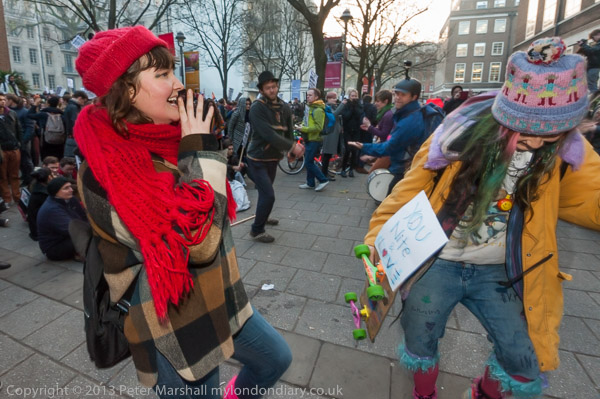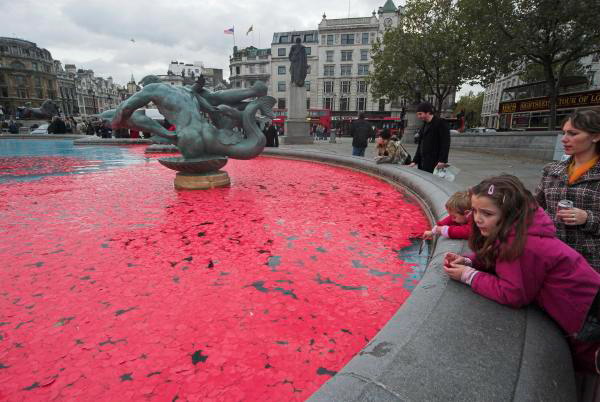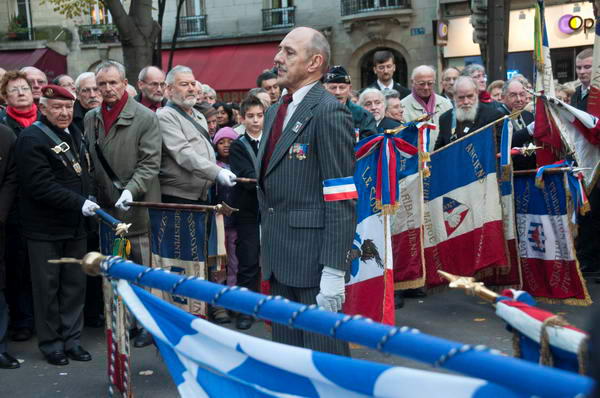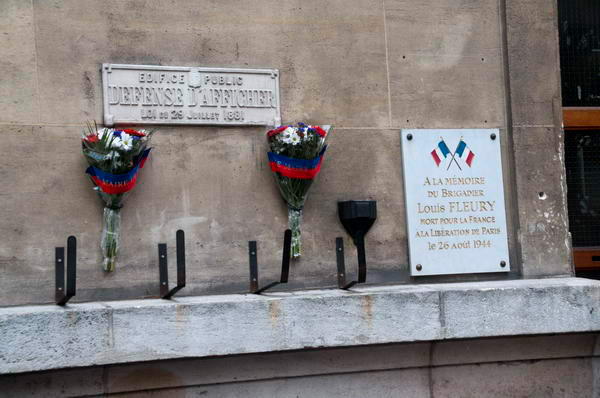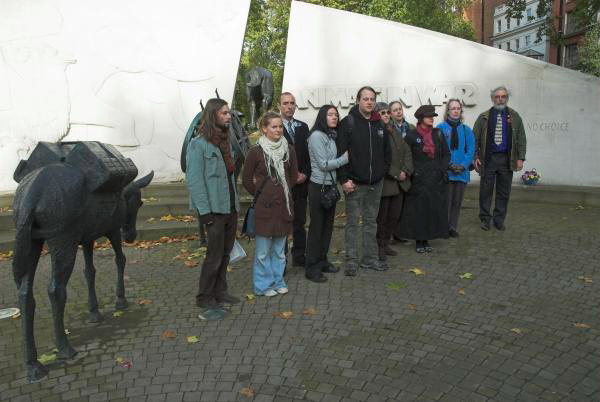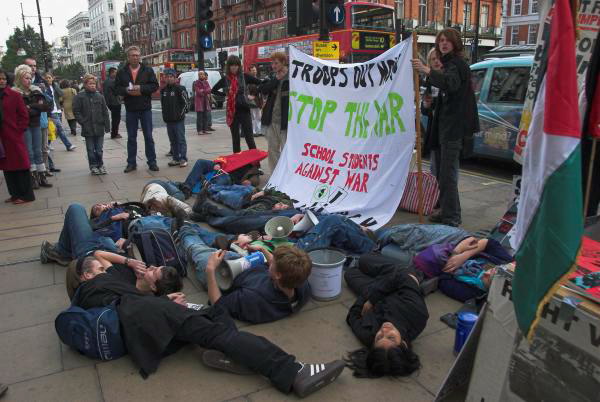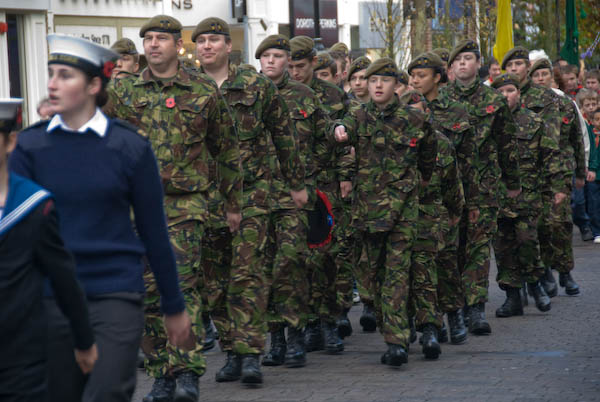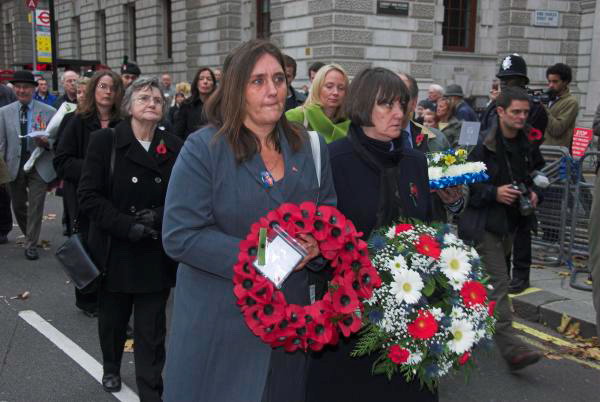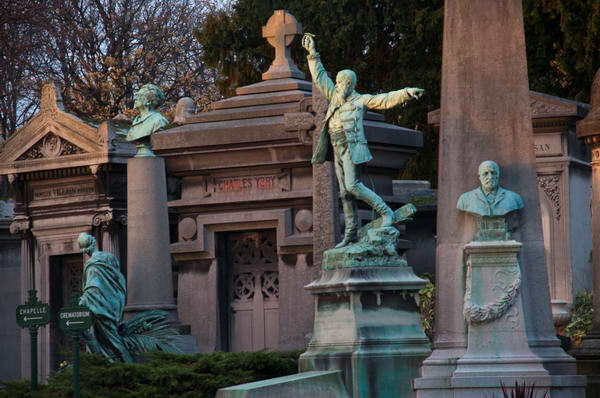Biometric ID Cards are now once again under consideration by Keir Starmer’s Labour government having being heavily promoted since 2023 by Tony Blair, William Hague and others including the misleadingly named ‘Labour Together‘ right-wing think tank – once directed by Morgan McSweeney who became Starmer’s campaign director – and who he appointed as Labour’s chief of staff when he became leader – and McSweeney became Downing Street Chief of Staff in October 2024.
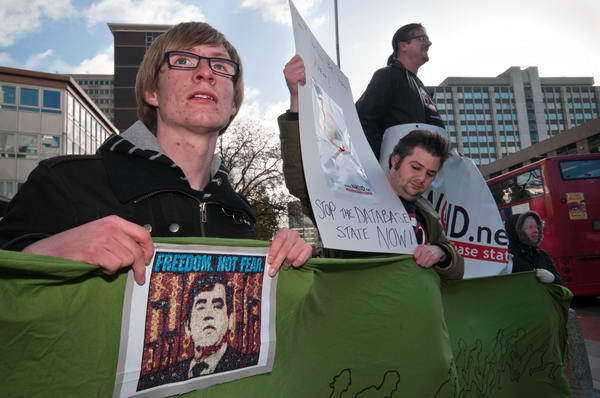
Until 2008, Britain had only introduced identity cards at times of war. They were scrapped in 1919 but kept on rather longer after World War Two when they were only abolished in 1952.
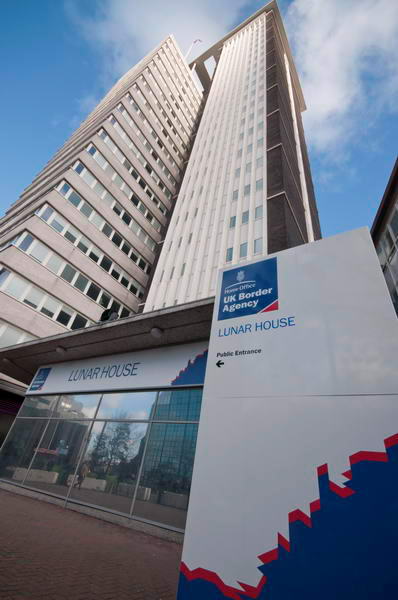
While the British people were prepared to put up with them in wartime, identity cards were always viewed as fundamentally un-British, incompatible with our ideas of civil liberties and freedom. We contrasted our free society with others abroad where citizens could be stopped at any time on the streets and required to produce their papers – and chilling scenes of the Gestapo doing so were frequently invoked in popular culture. We were proud of not being a police state, but increasingly we are now moving more and more in that direction.
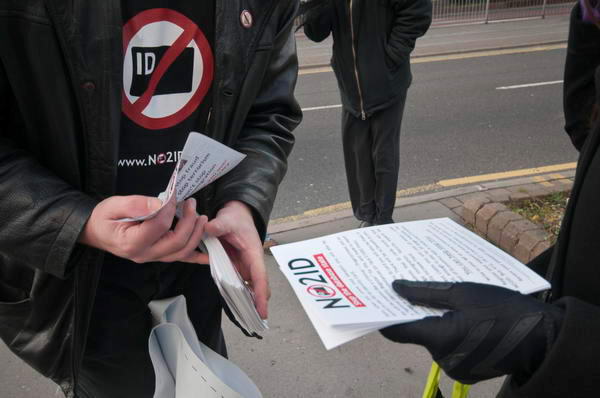
Now the idea is firmly back on the political agenda, there have been two major protests in London against the introduction of these ID cards. Unfortunately for different reasons I’ve not managed to cover either of them. A third protest is coming up in December and I hope to be there.
A petition to Parliament against their introduction has already received around 3 million signatures and will be debated on 8 December 2025. The initial government response is “We will introduce a digital ID within this Parliament to help tackle illegal migration, make accessing government services easier, and enable wider efficiencies. We will consult on details soon.” You can read more at Big Brother Watch.
Biometric ID Cards were introduced under the Identity Cards Act 2006, which came into force on 25th November 2008, when they became compulsory for all non-EU students and spouses applying for or renewing visas for study or marriage. They were to be required shortly for all foreign nationals in the UK and also to be rolled out to other groups including students who want a student loan by 2010. And from 2011 you were to be reqquired to have one – and have your details on that database – if you wanted to renew or get a passport.
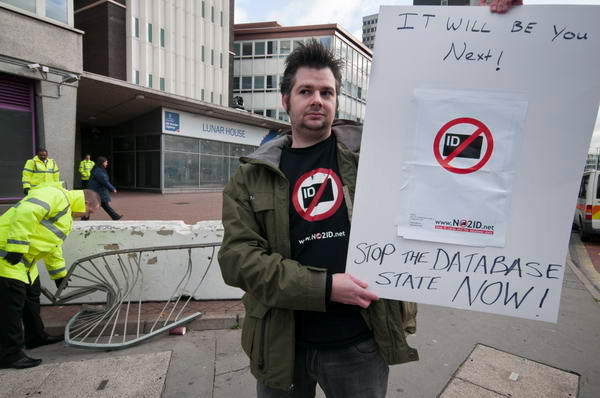
London NoBorders and NO2ID (their website I linked to in 2008 is now a gaming site) marked the occasion with a picket outside the UK headquarters of the Border and Immigration Agency at Lunar House in Croydon.
It was, as I noted, a bitterly cold day and “on Wellesley Road a biting Siberian wind seared the demonstrators outside Lunar House. It seemed appropriate that such a freezing blast should surround the UK headquarters of the Border and Immigration Agency and indeed be generated by its twenty stories of the grim early 1970s office complex. After all its raison d’être is to give would-be immigrants and asylum seeks an extremely cold reception.“
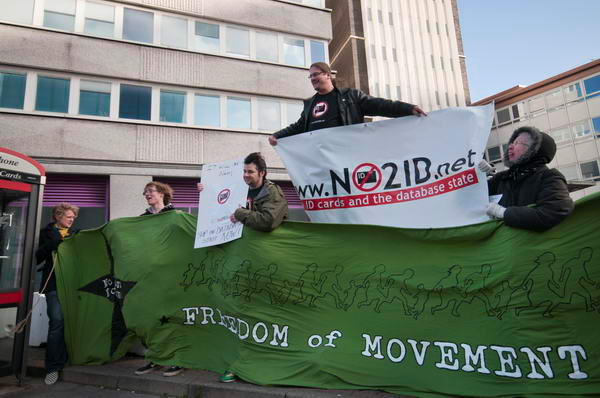
It’s impossible to think about the introduction of ID cards without thinking of Orwell and ‘1984’ (though I also had another author in mind when I wrote of it as “a warning of things to come for all of us in a Brave New Britain of state surveillance and control whose infrastructure is increasingly with us through security cameras, the interception of mobile phone signals and electronic communications and the planned introduction of universal ID cards.“)
Although New Labour had few worries about the descent into totalitarianism, our other main political parties had clear reservations, though for the Conservatives they were intrusive but more importantly “ineffective and enormously expensive.” The Lib-Dems were also opposed to them and under the coalition the Identity Documents Act 2010 scrapped the National Identity register and the database and plans for future issues of cards, although they remained as residence permits for foreign nationals.
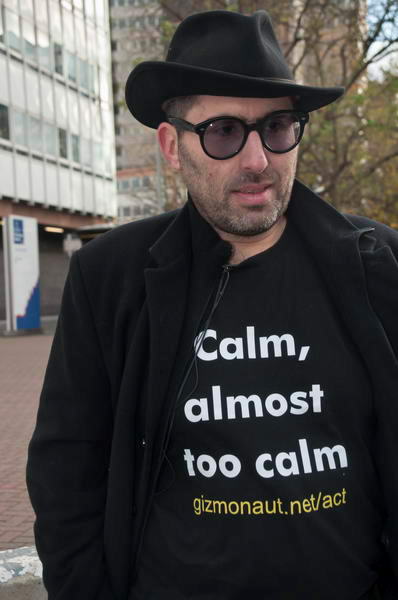
Also present at the protest was one man, David Mery, fortunate to be still alive – unlike Jean Charles de Menezes. Like that innocent Brazilian electrician six days earlier he had gone into Stockwell Underground Station in 2005 and been suspected of being a terrorist, but this time the police didn’t shoot first and ask questions later. Though having established he wasn’t carrying a bomb they still arrested him and put him through the mill rather than simply apologising on the spot and releasing him.
As I wrote, “his treatment in the months and years following the event can most favourably be described as Kafkaesque. He finally (or at least probably) succeeded in having both his fingerprints and DNA record removed from the police databases, but it took over two years of fighting. His blog and articles are essential reading for anyone who wonders why civil liberties are important.“
A few more pictures at Protest at ID cards start.
Flickr – Facebook – My London Diary – Hull Photos – Lea Valley – Paris
London’s Industrial Heritage – London Photos
All photographs on this page are copyright © Peter Marshall.
Contact me to buy prints or licence to reproduce.
